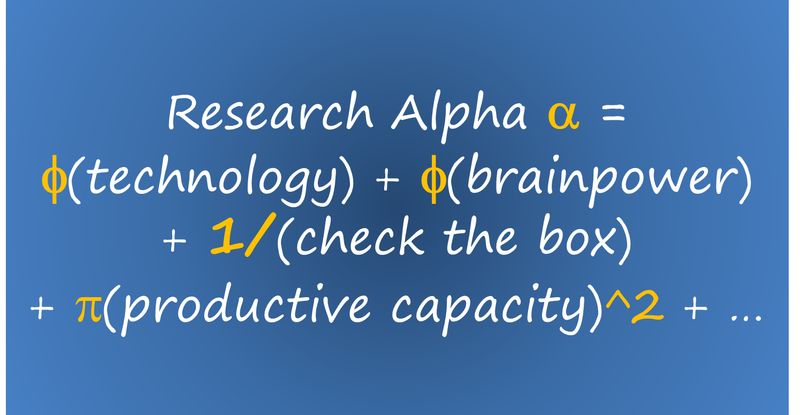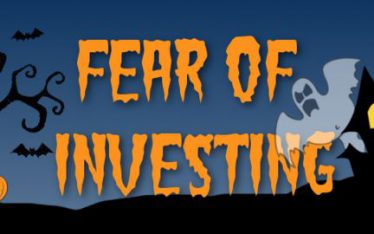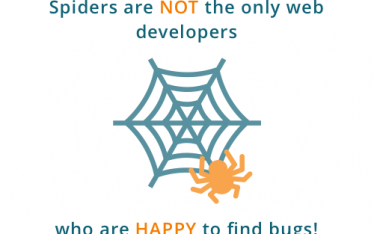In a recent Operational Due Diligence (ODD) conference, there was a lot of talk about the risk of commoditization.
Well…
What could have gotten this topic surfacing an in industry conference? Let’s go back to how it all began. The Madoff scandal that shook the industry can be likened to the ’08 crisis of the ODD world where investors had to settle for few cents / dollar recovery which was materially lower than ~40% unlevered decline in the S&P in 2008. The confidence equilibrium was displaced. Investors reacted by strengthening ODD teams with expertise in accounting, audit and/or operational expertise. Forensic ODD came in vogue. The ODD reports went from being a single page checklist to a comprehensive analysis.
The result was lengthy interaction between investors and managers, which span months. Managers are now overloaded with data requests as investors and their consultants are constantly asking “what is it that we do not know” question, and requesting increased transparency.
The current length of the due-diligence process means that the ability of investors to assess more managers is constrained or having a more frequent monitoring process is limited. Managers’ ability to respond to multiple, but similar requests is also constrained. Has the pendulum swung too far?
Something’s gotta give
If investors need to increase their data volume, and with managers’ fees shrinking, expanding the team is a less attractive option. Perhaps the path of least resistance is curtailing the extensive due-diligence, and could lead to the path of a check the box approach. Alternatively, investors may invest with larger managers who have institutional controls, de-emphasizing the need for a rigorous process. Outcome… perceived commoditization.
The issue with this path is that it limits innovation, growth, and makes room for another blowup. How much longer before this thinking extends to investment due-diligence?
Can bots do fund research?
What role does technology play in this trend? As a firm that’s leading technological innovation in this space, we’d argue that technology actually reduces the risk of commoditization. It has the potential for accelerating the due diligence expertise in the following key areas:
- Automation frees up time that both the parties spend in managing the process, so the experts can focus on uncovering big picture issues and unearthing unexpected details.
- Managers are calling for standardization. For example, one investor asks for breakdown of funds’ AUM bucketed by following: 0 – 100mm, 100- 750mm, 750mm – 2bn, 2bn+, while another investor is asking for 0 – 500mm, 50mm – 1bn, 1 – 2bn, 2bn+. Technology can solve for this and support standardization, but the industry leaders have to come together to thoughtfully adopt standardization.
- Collaboration… Technology enhances and streamlines inter-disciplinary collaboration internally, externally with managers and externally with peers who do not all have the same formula, converging to an intellectually stimulating outcome.
Technology brings scientific methodologies; human expertise brings the art of investing…the gut feel to assess if something’s really not working, or focus on identifying the risks of the future.
Technology can quickly point out problems, and can also help build relationships with data, but the interpretation and conclusions will reside with the expert fluent in due-diligence language.
A re-defined equilibrium would be a happy coordination between human brainpower and computing power, where the human has increased productive capacity to focus on things that matter (such as creating and using new buzzwords like productive capacity :)).
Pure commoditization on the other hand will be detrimental for the industry as a whole, creating opportunities for the next blowup, resulting in loss of confidence crisis. Then the pendulum will swing again to the extreme, harming recovery from that crisis, and hindering innovation. However, technological innovation should improve our collective ability to sidestep the pure commoditization scenario, and enhance the investor ability to continue to generate manager selection alpha.



